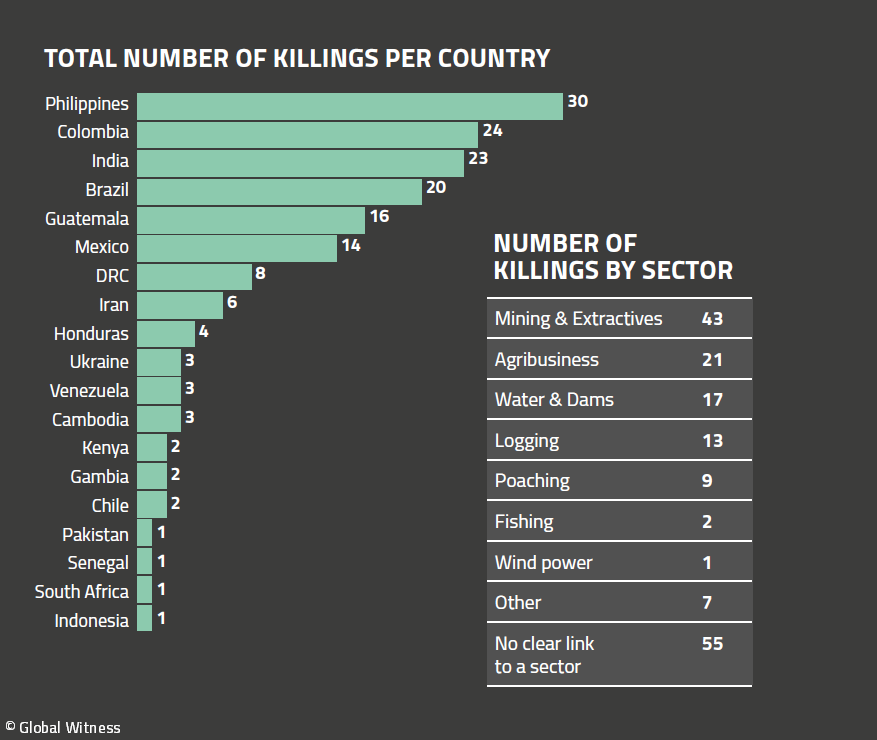The Ice We Skate Is Getting Pretty Thin...
The water's getting warm so you might as well swim.
Start your morning with a reflection on the wisdom of Smashmouth.
- Greenland's ice sheet is experiencing its biggest melt season in recorded history. 11 billion tons of ice melted last Thursday alone as temperatures surged 25-30°F higher than usual.
- The ice sheet lost nearly 200 billion tons of ice during the month of July (three times the average), escalated by soaring temperatures in what is now in the books as the hottest month ever recorded globally.
- Scientists believe the Greenland ice sheet hit a tipping point around 2003 — since then the rate of ice loss has more than quadrupled. This does not bode well for sea-level rise.
- According to IPCC models, the levels of melting this year match the predictions for a summer in 2050, while the July heat wave corresponds to those for the 2070s.
- "This melt event is a good alarm signal that we urgently need change our way of living," said polar scientist Xavier Fettweis. “It is more and more likely that the IPCC projections are too optimistic in the Arctic."
- The Arctic has been battered in general this summer, as unprecedented wildfires have raged throughout Alaska, Greenland, and Siberia. Russia declared a state of emergency last week, and 15 million hectares of forest have burned so far.
The Latest Guinness World Record
- Ethiopia planted 350 million trees in a single day last week, obliterating the previous record held by India (50 million).
- The action is part of a larger goal to plant 4 billion trees over the course of the summer to combat deforestation and climate change. Ethiopia's forest coverage had dropped from 35% to 4% over the past century.
- Ethiopia is a drought-prone country, and trees play a huge role in preventing desertification and land degradation — in addition to sequestering carbon dioxide.
- A recent study found that planting a trillion trees across the globe could reduce 2/3 of the emissions released from human activities, and reforestation projects are picking up around the world, including other parts of Africa and China.
- However, many tree-planting campaigns have been criticized for planting monocultures and not doing the work to restore the diversity characteristic of natural forests. Ethiopia has had its own struggles in the realm of tree-planting in the past — the non-native eucalyptus has caused significant environmental damage.
The Danger Of Environmental Activism
- 2018 was a deadly year for environmental activists. Worldwide, more than three people were murdered each week in 2018 (164 total) for their role in protecting the environment or their land.
- Deaths in the mining industry were the highest (43), while conflicts over agribusiness, water and dams, and logging also made the top of the list.
- The Philippines (30), Colombia (24), India (23), and Brazil (20) were the countries with the most deaths of environmental defenders.
- Investigations by Global Witness found that often land is violently and illegally grabbed from owners to meet consumer demand for things like food, electronics, jewelry and rubber, "driving rampant deforestation, mass displacement and climate chaos."
- Some governments and companies attempt to label those who protect their land as criminals or terrorists in order to make attacks seem legitimate. For example, nine environmentalists in Iran were jailed for "spying."
- Find out how you can stand with environmental defenders here.
 Source: Global Witness
Source: Global Witness
Should Environmental Destruction Be A War Crime?
- Dozens of scientists co-authored a letter to the UN International Law Commission urging them to make environmental destruction (i.e. the poisoning of land, extinction of plants and animals, and mass deforestation) a war crime.
- While the loss of human life is an immediate and horrible cause of war, "environmental acts of destruction can lead to long-term pain and suffering that lasts many years beyond the conflict" writes Mother Jones.
- The idea has roots in the Vietnam War, when the US blanketed Vietnam's jungles with the herbicide Agent Orange to kill trees hiding guerrilla fighters. Vietnamese people are still struggling with the effects — Agent Orange still causes birth defects in babies born there.
- One co-author of the letter states, "We hope governments around the world will enshrine these protections into international law. This would not only help safeguard threatened species, but would also support rural communities, both during and post-conflict, whose livelihoods are long-term casualties of environmental destruction."
Weekly Scraps
Plastic bag sales in England halved in past year.
Living near trees, not just green space, improves wellbeing.
Just 10% of fossil fuel subsidy cash could pay for green transition.
Some people say “the climate has changed before,” as though that should be reassuring. It’s not.
The 4 best ideas from Jay Inslee’s new climate justice plan.
Amazon gold miners invade indigenous village in Brazil after its leader is killed.
Bees declared to be the most important living being on earth.
Earth overshoot day fell on July 29th this year.
Climate champion Greta Thunberg plans to set sail for Americas on zero-carbon trip.
Think it’s hot in Europe? The human body is already close to thermal limits elsewhere.
In the US, wells being drilled ever deeper as groundwater vanishes.
How air conditioning created the modern city.
Amazon deforestation accelerating to unrecoverable 'tipping point'.